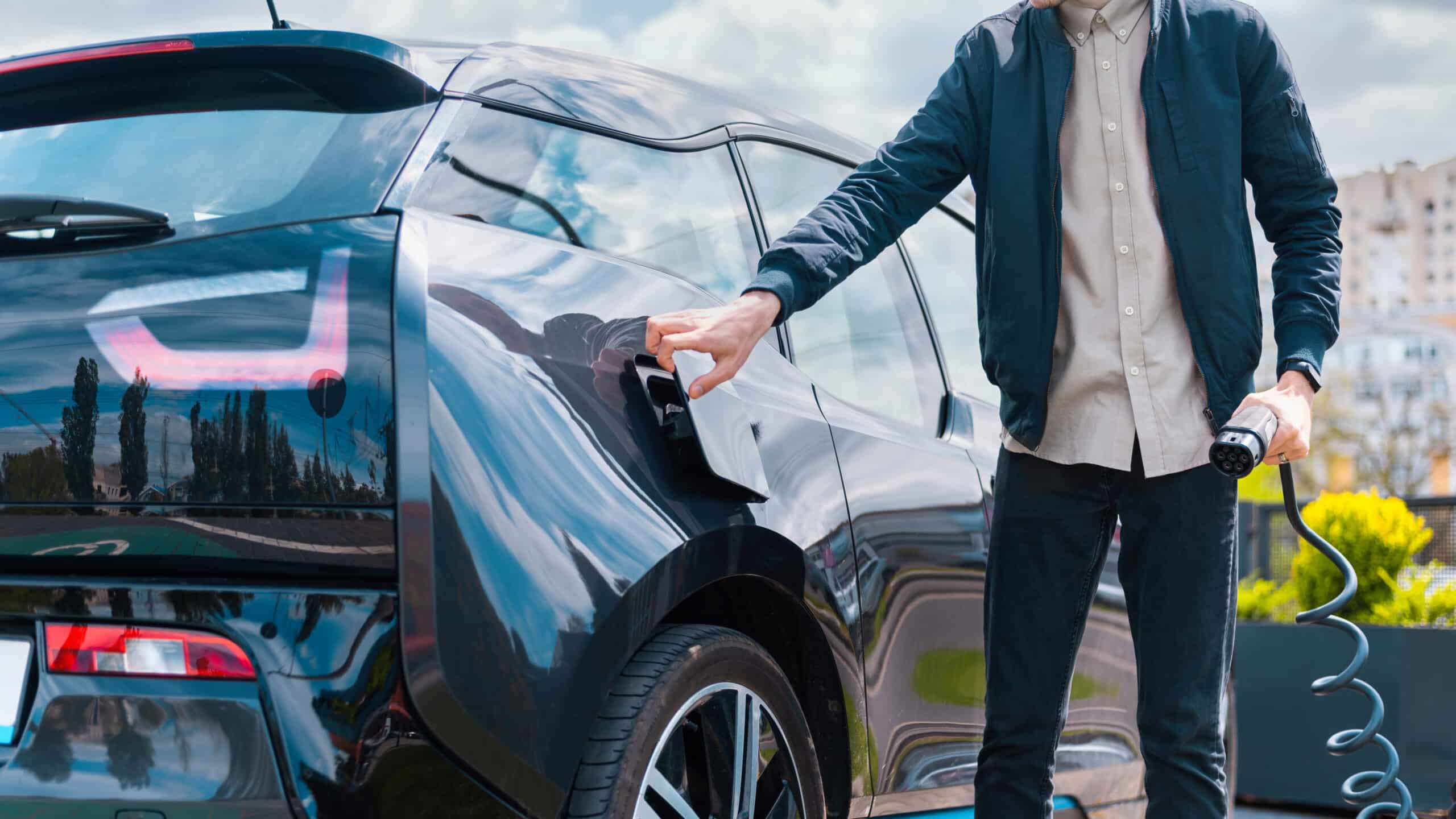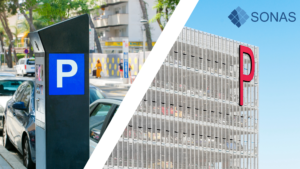Over the last couple of years, the dynamic parking landscape has kept us all on our toes. Unfortunately, ever-changing consumer needs, digitalisation, and an unpredictable pandemic have led to continuous changes in our parking management strategy. While these changes come with their own set of challenges, we can also leverage them to improve our operations and present revenue opportunities.
In April 2020, Office for National Statistics reported that 46.6% of people in the UK were working from home in some capacity. Additionally, the UK government imposed ‘stay at home’ guidelines, shutting down the hospitality industry and social distancing measures and limits. These rules, along with the terror of consumers contracting the virus and passing along to family members, meant, simply put, people were opting not to leave their homes. The UK Parliament published a report indicating the UK GDP fell 25% from February 2020 to April 2020. The impact of the drop was felt across all sectors, especially the parking industry.
This year’s emphasis will be on recuperating profits to a pre-pandemic level and juggling the increase in digitalisation and technological advancements.
Parking Managements Reliance On Cashless Payment Apps
The closure of certain commercial businesses and lockdowns restricted consumers in their day-to-day lives. A roll-on effect of these restrictions included a drop in demand for parking. Interestingly, another impact saw consumer trends change. The pandemic resulted in a decrease in cash circulation. Coincidingly, payments comprised cash and notes fell 35% in 2020. A significant factor in this decline was the hygiene implications of cash use and coronavirus transmission. Thus, fewer consumers carried petty cash to pay for their parking as the government lifted restrictions. These factors meant consumers turned to other means to purchase parking.
Fortunately for consumers, cashless payment apps have been on the rise over recent years as the need for flexibility and digitalisation has grown. This crutch for consumers meant they could still purchase parking without cash, and it has become the most popular payment choice for consumers in the UK. For context, in 2020, cashless parking payments had increased by 119% from the previous year.
Now the trajectory of the pandemic looks positive, and the economy has gradually reopened. Parking management needs to adapt to an increasing portion of their revenue streams generated and processed by cashless payment providers.
There is a greater risk and loss of control when using a third party. However, consumers have a lot of purchasing power, so offering a cashless payment option is necessary. The main concern with partnering with a cashless payment provider is that there rarely is a second data set to compare and validate these revenues. The risk to parking management increases. You often lose transparency and have little assurance that your revenues are correct.
How does parking management overcome this?
The emphasis is now on parking management to navigate this new landscape and establish security over revenue. Consequently, it is necessary to have adequate internal controls to validate and reconcile revenue. In itself, this presents another challenge. Typical internal financial processes are outdated and spreadsheet reliant. Battle digitalisation with digitalisation and establish beneficial systems to manage this for you.
Fortunately, there is a silver lining. The increase of cashless parking apps presents an alternative payment option if machines are down. A strengthened payment position builds trust amongst customers and maintains competitiveness. Machine maintenance and servicing is a costly essential process. Cashless payment apps can reduce this cost. Decreased machine use signals a reduced need to invest in the newest technologies, cash collections need to occur less frequently, and machine downtime improves.
Demand For Electric Charging Infrastructure
By 2030, the UK government has pledged to stop producing petrol cars. The change to electric vehicles has come after the thoroughly publicised environmental impacts of petrol cars. Whilst this is fantastic news for the environment, the waves of this decision will be felt far and wide, especially in the parking industry. The Guardian reported that at the end of 2021, electric vehicles have already claimed a 19% market share, which will only grow. Unfortunately for parking management, this trend forces us to adapt. If we do not adapt, we will be left behind. For instance, as our consumers demand electric car charging, and our infrastructure does not support this, they have no option but to go elsewhere. Additionally, the cost of implementing electric car infrastructure is high yet unavoidable. Given the ongoing effects of the global pandemic, we cannot risk further damage to profits.
How does parking management overcome this?
Fortunately, it’s not all bad news. As the popularity of electric vehicles increases, it gives way for an additional revenue stream through charging facilities. This is especially important to capitalise on while recovering profit margins after the pandemic. However, this requires new technology to manage complex payment networks that maintain financial control in parking management. We have learned from the pandemic how quickly we can adjust to new working landscapes, i.e. working from home. Employees may meet new solutions with resistance, but the ROI in terms of productivity, ease of workflow and profitability is worth fighting for to remain competitive.
Additionally, many organisations now have eco-friendly initiatives and count environmental issues at the core of their ethos. Consumers are continuously expecting more from organisations, as they should, so we need to change to maintain customer loyalty. Although, efforts should not be to ‘green-wash’ for self-serving purposes; but to offer genuine compassion and workable solutions towards protecting the environment. Hence, investing in electric infrastructure is so crucial for the future.
What can Parking Management learn from these challenges?
The effects of the pandemic on the parking management industry have undoubtedly been challenging. However, what we have learned in this adversity is to remain adaptable. We are on the road to reclaiming lost profits after the pandemic. Whilst further challenges present themselves in 2022, we must focus on profit generation. Investing in electric vehicle charging infrastructure is an assured revenue stream only set to thrive in the coming decades. Moving forward, our focus should be on innovative solutions to increase productivity and efficiency, reduce costs and remain competitive in this ever-changing industry.






